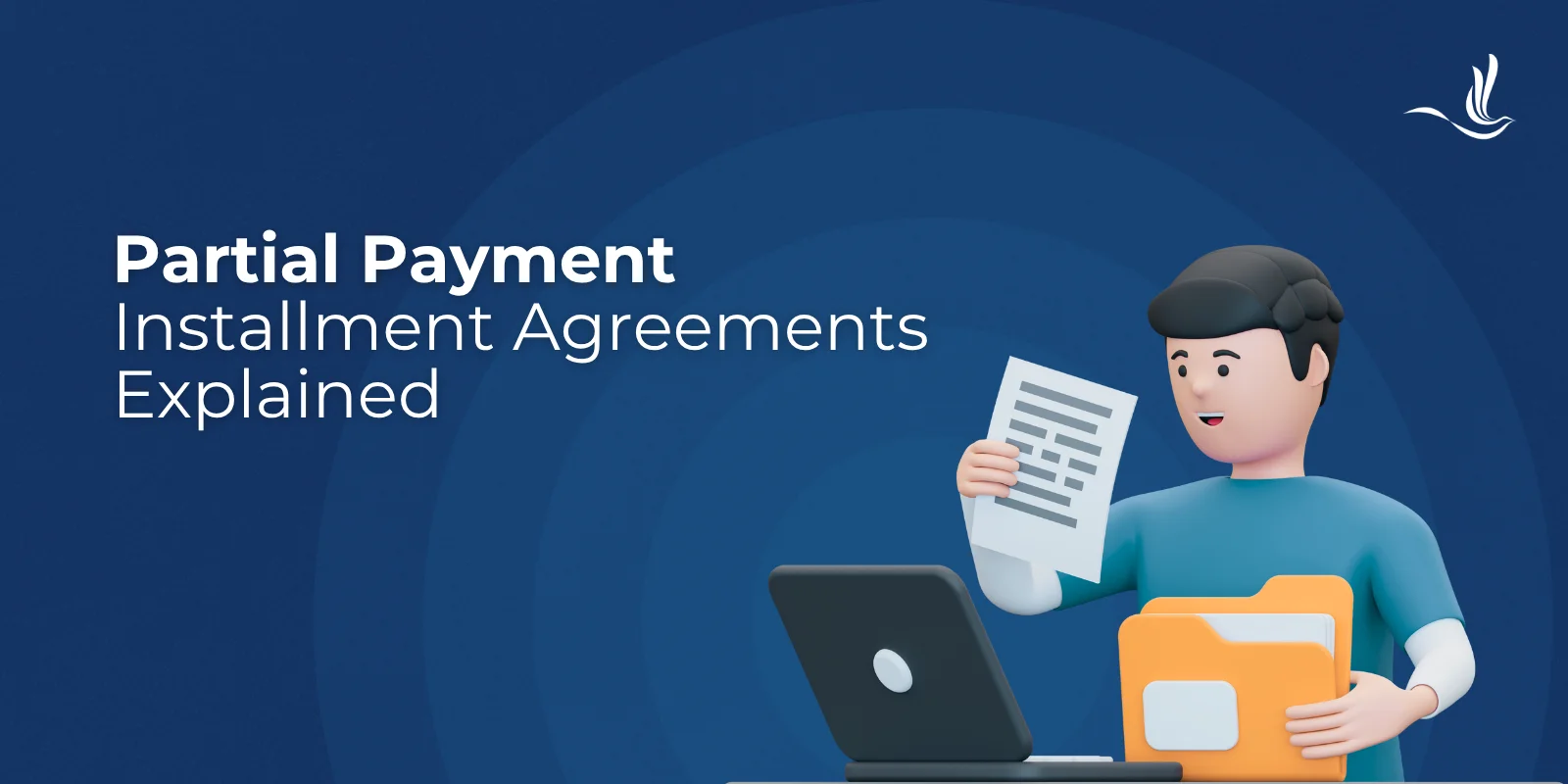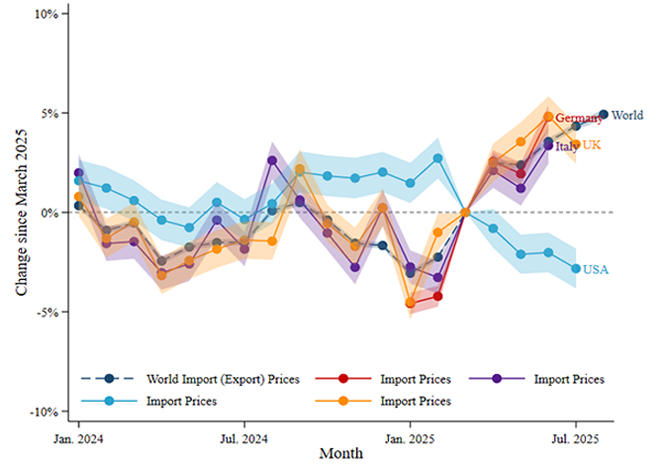A retirement letter template to employer is a formal document used to notify your employer of your intention to retire from your current position.
Submitting a professional retirement letter ensures a smooth transition, preserves relationships, and leaves a positive impression after years of service. Whether you are retiring after decades of work or transitioning to a new chapter, this guide provides practical advice to write your letter confidently.
This article covers key elements, tips, sample templates, formatting advice, and FAQs to help professional women retire gracefully and professionally.
Key Elements / Guidelines
A professional retirement letter should include:
- Header / Date: Include your name, address, date, and employer details.
- Greeting: Politely address your manager or HR. Example: Dear [Manager’s Name],
- Opening Statement: Clearly state your intention to retire. Example: I am writing to formally announce my retirement from my position as [Job Title] at [Company Name].
- Retirement Date: Specify the effective retirement date. Example: My last working day will be [MM/DD/YYYY].
- Expression of Gratitude: Thank your employer for opportunities, mentorship, and experiences.
- Transition Support (Optional): Offer assistance to ensure smooth handover of responsibilities.
- Closing Statement: End politely and professionally. Example: I wish the company continued success and growth.
- Professional Sign-Off: Example: Sincerely, [Your Name]
Including these elements ensures clarity, professionalism, and leaves a positive impression on your employer.
Tips / Do’s and Don’ts
Do’s:
- Do provide ample notice: Ideally several weeks or months depending on your role.
- Do maintain a positive tone: Focus on gratitude and accomplishments.
- Do offer transition support: Helps colleagues and management prepare for your departure.
- Do personalize your letter: Reflect your own experiences and appreciation.
Don’ts:
- Don’t include negative comments: Avoid criticism of colleagues or the organization.
- Don’t rush the letter: Give proper time to draft a thoughtful and polished message.
- Don’t omit the retirement date: Clearly state your final working day.
Check out more retirement letter templates.
Sample Templates
Here are practical retirement letter template to employer examples:
1. Basic Retirement Letter
Subject (if emailed): Retirement Announcement – [Your Name]
Dear [Manager’s Name],
I am writing to formally announce my retirement from my position as [Job Title] at [Company Name], effective [MM/DD/YYYY].
I sincerely appreciate the opportunities, support, and experiences I have gained throughout my time here. I am happy to assist in transitioning my responsibilities to ensure a smooth handover.
Thank you for your guidance and support. I wish the company continued success.
Sincerely,
[Your Name]
2. Retirement Letter With Appreciation
Subject: Notice of Retirement – [Your Name]
Dear [Manager’s Name],
Please accept this letter as formal notice of my retirement from [Company Name], effective [MM/DD/YYYY].
I am grateful for the mentorship, opportunities, and relationships I have enjoyed during my tenure. I am committed to assisting with the transition and training of my replacement.
Warm regards,
[Your Name]
3. Email Retirement Announcement
Subject: Retirement Notice – [Your Name]
Dear [Manager’s Name],
I would like to inform you of my decision to retire from my role as [Job Title] at [Company Name], with my last working day being [MM/DD/YYYY].
Thank you for the support, guidance, and opportunities over the years. I am dedicated to ensuring a smooth transition and will provide any necessary assistance during this period.
Best regards,
[Your Name]
Formatting Tips
- Font & Size: Professional fonts such as Arial, Calibri, or Times New Roman, size 11–12pt.
- Spacing: Single spacing within paragraphs, double spacing between paragraphs.
- Tone: Polite, professional, and reflective of gratitude.
- Delivery: Can be sent via email or printed letter depending on company practice.
FAQs
How do I write a professional retirement letter?
State your intention to retire, provide the effective date, express gratitude, and offer transition support.
How much notice should I give before retiring?
Provide several weeks to months depending on your role and organizational policies.
Can I send a retirement letter via email?
Yes, email is acceptable if formal submission isn’t required.
Should I mention personal plans after retirement?
Optional; keep the focus professional and positive.
How do I maintain professionalism while retiring?
Remain committed to responsibilities, assist in transition, and leave on a positive note.
Conclusion
A retirement letter template to employer helps professional women communicate their retirement clearly, respectfully, and positively.
Explore more professional templates, career advice, and communication guides on MsCareerGirl.com, and bookmark this guide for all retirement communication needs.
Publisher: Source link











